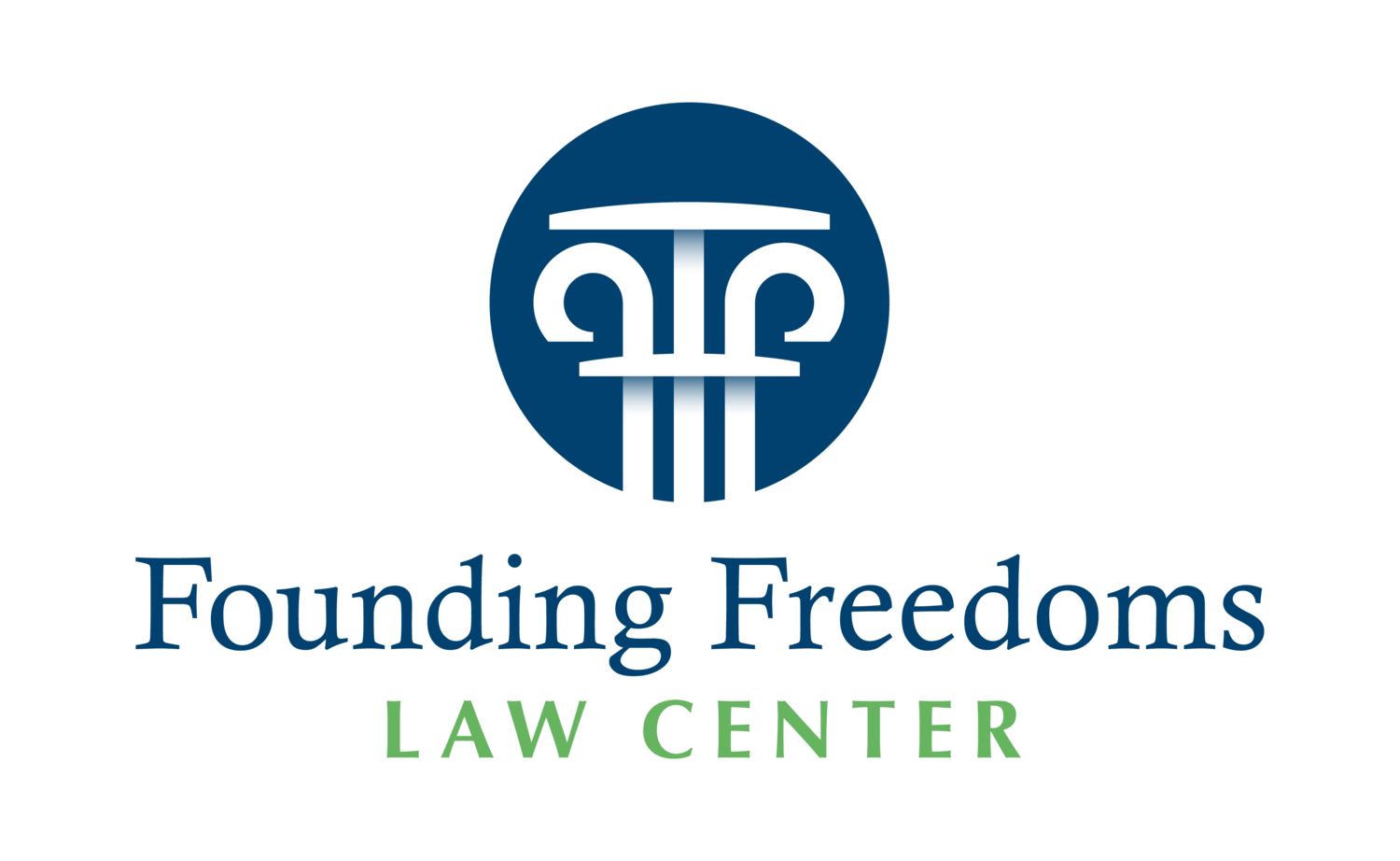The Ministerial Exception: Religious Employers’ Defensive Options Post-Bostock
After the U.S. Supreme Court held that the federal prohibition on sex discrimination in the workplace also prohibits discrimination based on an employee’s homosexual or transgender lifestyle (Bostock v. Clayton County, 2020), religious organizations rightfully envisioned that they may be compelled, through misplaced lawsuits, to sacrifice their religious missions to satisfy this emerging area of federal law. In response, lawyers representing religious institutions have needed to fortify their understanding of various plausible religious-employer defenses for when their use becomes needed in court. Today, in Billard v. Charlotte Catholic High School, the Fourth Circuit Court of Appeals reaffirmed one such defense, while leaving others to be addressed in a future case if the occasion arises.
This case involved a Catholic school with a faith-based mission which terminated an English teacher after learning that he had adopted a homosexual lifestyle, creating a direct conflict with the teachings of the Bible. That employee filed a wrongful discrimination lawsuit against the school based on the federal employer anti-discrimination law Title VII of the Civil Rights Act of 1964 (Title VII). Yet the Fourth Circuit held that his lawsuit could not go forward. The school had an established religious mission, and it expected all of its teachers to model faith when teaching any subject, including non-religious ones. Even though this teacher himself was not regularly expected to provide religious instruction, faith remained infused in all classes and this teacher was expected to integrate faith into his instruction. Therefore, because of the religious role that this teacher’s employment involved, the court held that the ministerial exception, a legal principle derived from the First Amendment, prevented Title VII from being applied to the school’s employment decisions, and the lawsuit had to be dismissed.
The Fourth Circuit also listed, without evaluating them, several other defenses that the Catholic school claimed protected it from this workplace discrimination lawsuit. The school claimed, first, that Title VII’s religious-organization exception not only allowed it to hire only those who followed its faith but also allowed it to make other religiously motivated employment decisions, including discharging employees who did not follow its moral expectations. Second, it claimed, that the Religious Freedom Restoration Act (RFRA) applied to federal employment discrimination lawsuits between private parties, and not just suits involving the government. Third, it asserted that the First Amendment’s church autonomy doctrine protects religious organizations in a fashion that is broader than the ministerial exception discussed above. And fourth, the school argued that the concepts of freedom of association recognized in First Amendment jurisprudence permit organizations engaged in expressive activities to refrain from maintaining employees whose involvement impedes the transmission of the organization’s message. Each of these defensive claims had persuasive arguments to support them. However, the Fourth Circuit determined it did not need to address them because applying the ministerial exception in the school’s favor was adequate to resolve the case.
Time will tell how courts will address these other defenses in the future. In the meantime, the outcome in Billard provides a good occasion for religious educational and other religious organizations to evaluate their practices. If they anticipate relying on the ministerial exception as needed, they should consult with their attorneys to ensure that such reliance is well founded. If the attorneys at Founding Freedoms Law Center can be of any assistance in this regard, such organizations should feel free to contact us.
